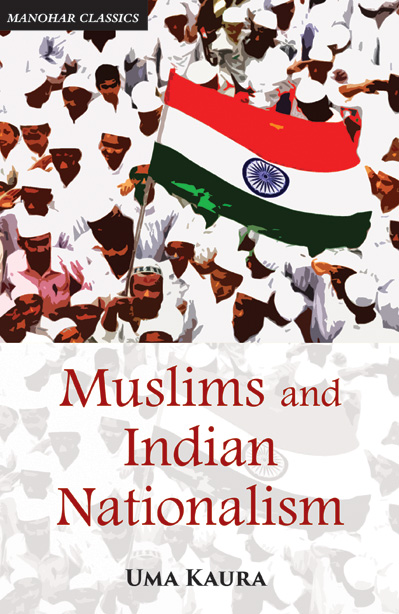Muslims and Indian Nationalism: The Emergence of the Demand for India's Partition 1928-1940
no information available
The most important political development in the country between 1928 and 1940 was the widening of the gulf between the Congress and the Muslim League resulting in the emergence of the demand for partition as embodied in the famous Lahore Resolution of the Muslim League in March 1940. This dramatic change in Muslim politics was neither due to the ‘ever-present’ Hindu-Muslim antagonism nor was it an inevitable consequence of a separate Muslim nationalism. It was as the author argues the culmination of a process that had begun in 1928 with the failure of the All Parties Convention to satisfy the moderate section of the Muslim League led by Jinnah. The present study traces the working of the process through various political developments including the Nehru Report Round Table Conference the Communal Award and Provincial Autonomy. Based on an exhaustive examination of all available published and unpublished official records and private papers both in India and in the U.K. the book offers a penetrating and dispassionate analysis of the issues involved and attempts to answer some important questions that are relevant for an understanding of a crucial phase of our pre-partition history. What for instance led to the failure of the All Parties Convention? Why did the Congress-League coalition proposals fail? How to explain the strong Muslim reaction to the Congress ministries during 1937-9? What responsibility did the Congress itself bear for this? Were there any personality factors involved? And of course what was the British role in encouraging Muslim intransigence? About the Author Uma Kaura did her M.A. in History from University of Delhi in 1970 and Ph.D. from School of International Studies Jawaharlal Nehru University in 1975. In 1973 she was deputed to the United Kingdom to consult the private papers and other official sources in India Office Library and British Museum.
... Read more Read less










